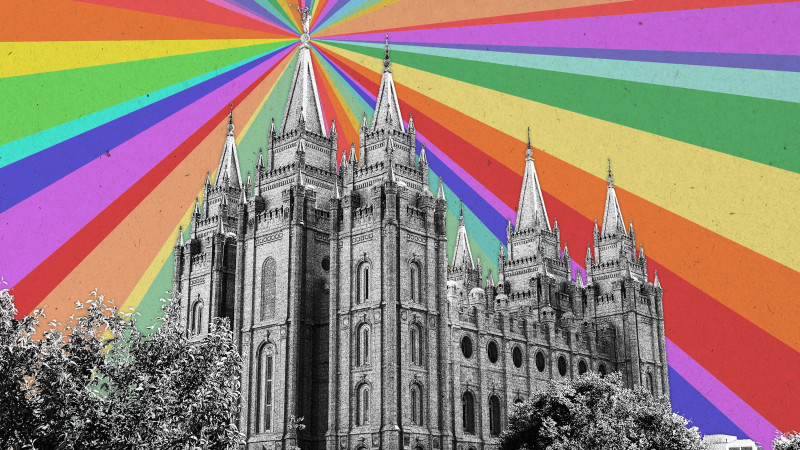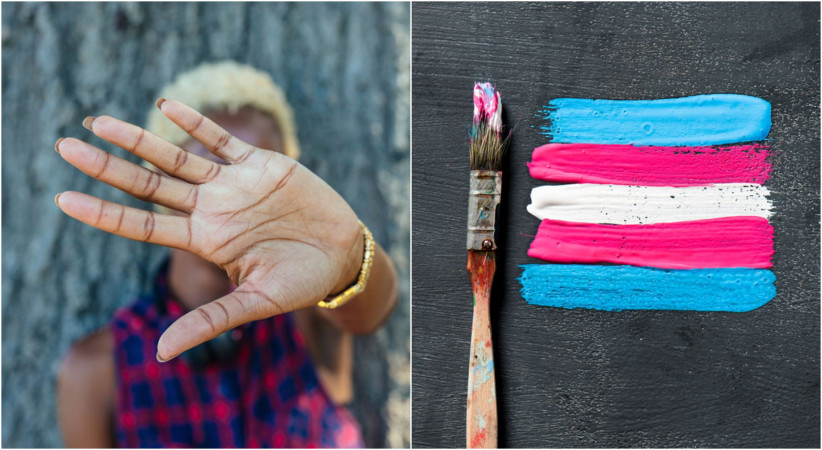LGBTQI+ banned countries - Part 2
Warning: extreme homophobia, violence
Regarding some of the words used in the article: When we say "gender", we refer to the gender assigned at birth, and from here on in the article, we will refer to individuals as female and male. These words and expressions have been used in order to ensure correct translations, as regulations and rules are built on a binary system. The author does not have any negative attitude towards other gender identities, such as gender nonconforming, non-binary, trans, etc.
Russia: Until 1993, "sexual relations between men" in Russia were punishable by imprisonment for up to 5 years. Although this article was later removed from the Criminal Code, harsh punishments against the LGBTQ+ community in Russia did not stop. In 2013, a law was passed prohibiting the "promotion of non-traditional sexual relations" among minors. This law is referred to as "gay propaganda" among the community and is a clear indicator of the government's stance against the LGBTQ+ community. The government's attempts to justify this law as a means of "protecting the physical and moral health of children" were nothing more than a facade to censor the media. This law prohibits the sharing of LGBTQ+ content on social media and the implementation of public events related to the community. The law is used to legitimize violence and crimes against the LGBTQ+ community and create an environment of danger and discrimination for many members of society living in Russia. In addition, in 2017, reports and news began to spread about the persecution, torture, and killing of several people, mainly gay, in Chechnya. Officials declared that such a campaign was fake news and that everything was normal, but subsequent investigations by human rights groups and media outlets obtained information proving that these events were real, and it is still believed that such violence continues to this day.
Asia - Saudi Arabia and Egypt:
Saudi Arabia - LGBTQI+ individuals face serious problems in Saudi Arabia. Homosexuality and non-conforming dress are illegal under the country's Islamic Sharia law. Displaying affection openly between individuals of the same sex is strictly prohibited and can result in imprisonment and punishment. The death penalty is legal in Saudi Arabia, which puts LGBTQI+ individuals at serious risk. Even "individuals accused of homosexual acts" can be imprisoned and face the death penalty, and in some cases, can be subjected to flogging as punishment.
Egypt: In 2013, Egypt passed a law that prohibits the promotion of homosexuality in the media and society, similar to the law in the Russian Federation. Although direct words such as "homosexuality" or "LGBTQI+" are not used in the law, it is often used to incriminate members of the LGBTQI+ community. Some rules in the Criminal Code, mainly related to "debauchery", "disorderly conduct", and "prostitution and immorality" laws are used to punish and deprive LGBTQI+ community members of their freedom. "Debauchery" - a person who incites sexual intercourse in public places or with words is punished with imprisonment for a period not exceeding one month. If the offender repeats this crime within one year, the punishment is converted to imprisonment for a period not exceeding six months and a fine.
Europe and Developed Countries:
United States of America: Florida's "Don't Say Gay" Law
The "Don't Say Gay" law in Florida refers to legislation that prohibits discussing homosexuality during teaching in state schools. Specifically, the law states that "instruction on human sexuality" can only be provided in the context of "normal heterosexual marriage." This means that in Florida, teachers are directly prohibited from discussing homosexuality or LGBT issues in class. As always, supporters of such measures claim that such laws are necessary to protect traditional values and to prevent the "propagation" of homosexuality in schools. Teachers and school staff who do not comply with this rule can face disciplinary action, termination of their employment contracts, and even the revocation of their teaching certificates.
Poland: "LGBT-free zones"
In 2019, several cities and regions in Poland declared themselves "LGBT-free zones" and adopted resolutions or regulations stating that they would not promote "LGBT ideology" or support LGBT individuals or organizations. Until June 2020, nearly 100 municipalities, encompassing a third of the country, had adopted these resolutions, characterized as "LGBT-free zones." The majority of these resolutions were lobbied for by conservative Catholic organizations.
Although there is discrimination and hatred against the LGBTQI+ community everywhere in the world, in this article, I provided information about the most radical and violent laws and regulations in two parts.
Author: Rahima
Powered by Froala Editor



